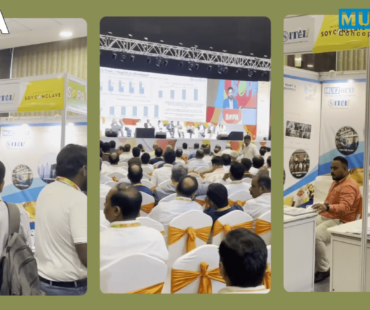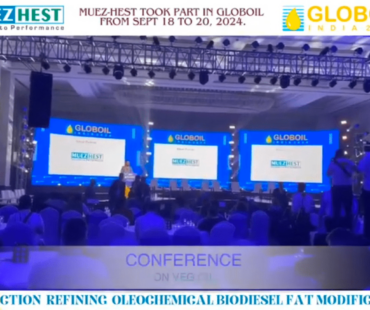What is Pre-Treatment
Pre-treatment is an essential step in the oil refining process, especially for low-quality oils such as old cooking oils, acid oils, and oils with high free fatty acid (FFA) content and contaminants. The pre-treatment process involves treating and neutralizing these oils to make them suitable for further processing, such as transesterification. This step ensures the production of a super refined oil that enhances the efficiency of subsequent chemical reactions.
The primary application of the pre-treated oil is as a feedstock for transesterification, a chemical process used to produce biodiesel. The improved quality of the pre-treated oil significantly enhances the efficiency of the transesterification reaction, making it a critical component in biodiesel production.
Process
Process of Pre-Treatment
-
Step 1
Feedstock Preparation
Input: The facility processes a variety of low-quality oils, including used cooking oils, acid oils, and oils with elevated FFA content. Contaminant Removal: Initial processing involves the removal of particulate matter and other physical impurities from the feedstock.
-
Step 2
Neutralization
Chemical Treatment: The oils undergo a neutralization process using appropriate reagents to neutralize the free fatty acids and other acidic components. This treatment is crucial for reducing the FFA content and minimizing the presence of contaminants. Reaction Control: The neutralization is meticulously controlled to optimize the efficiency of the process and ensure the production of a refined oil.
-
Step 3
Refining
Super Refining: Following neutralization, the oil is subjected to additional refining steps to achieve a high degree of purity. Quality Enhancement: This process results in a super refined oil, characterized by low FFA content and minimal contaminants, suitable for advanced chemical processes.
-
Step 4
Preparation for Transesterification
Enhanced Quality: The refined oil is prepared to enhance the transesterification reaction, a key step in biodiesel production. Efficiency Improvement: The pre-treated oil facilitates a more rapid and efficient transesterification reaction, thereby reducing the consumption of catalysts and alcohols.
Advantages of Pretreatment Plant provided by Muez Hest
- Enhanced Feedstock Quality
- Optimized Transesterification Efficiency
- Improved Process Performance
- Versatile Applications
Get A Quote to discuss
your manufacturing requirements

Global Installation
Global Installation
Strategies to ensure proactive domination. At the end of the day,User generated content in real-time will have multiple touchpoints for offshoring.
-
0
Project completed
-
0
Satisfied client
-
0
Year of experience
-
0
Qualified specialist
Our Clients
We worked with royal clients


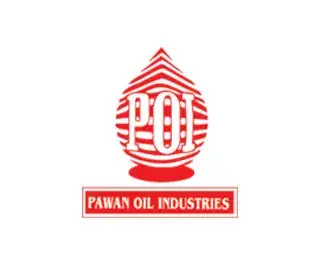



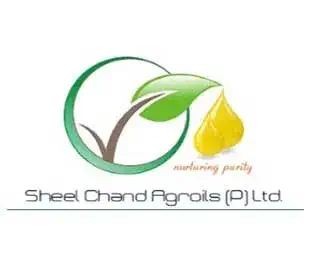
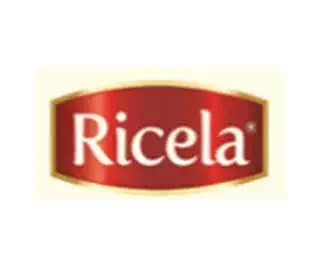
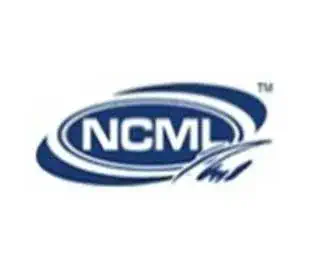







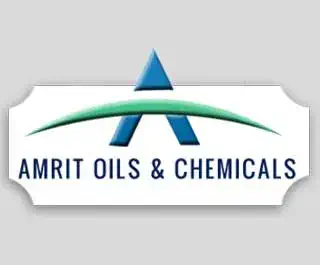
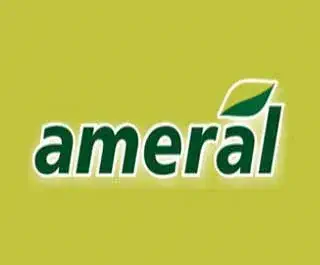
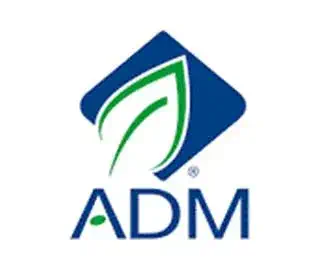



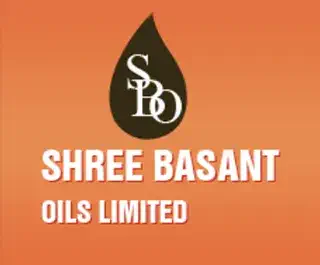
our blogs
Recent News & Articles
March 15, 2025
MuezHest Sponsoring FOIC 2025 in Mumbai
October 20, 2024
Highlights from SOPA Soyconclave 2024
faq
Frequently Asked Questions
Discover some of the most asked questions regarding Pretreatment Plant in India.
What types of oils can be processed using the multi-feed pre-treatment plant facility?
Oil manufacturing plants can process various types of oils including vegetable oils (like palm oil, soybean oil), seed oils (like sunflower oil, sesame oil), and specialty oils (like essential oils).
Why is pre-treatment essential prior to transesterification?
Pre-treatment is essential to reduce the FFA content and remove contaminants from the oil. This results in a higher quality feedstock, which improves the efficiency and effectiveness of the transesterification process.
How does pre-treatment impact the transesterification process?
Pre-treatment enhances the quality of the oil, leading to a more efficient transesterification reaction. This optimization reduces the requirements for catalysts and alcohol, thus improving the overall process efficiency.
What advantages does Muez-Hest pre-treatment plant in India offer?
Muez-Hest pre-treatment plant facility in India provides improved oil quality, increased reaction efficiency, reduced catalyst and alcohol consumption, and enhanced overall process efficiency in biodiesel production.
Can the refined oil be used for other purposes?
While the primary use is for transesterification, the refined oil may also be applicable in other industrial processes that require high-purity oils.
Go To Top


